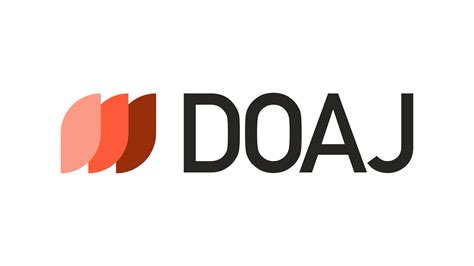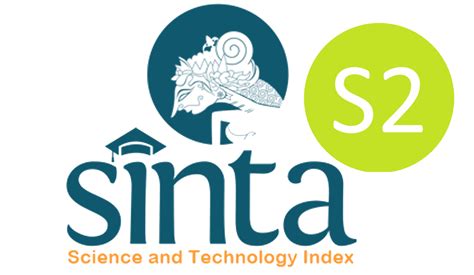Jurnal Pendidikan Geografi: Kajian, Teori, dan Praktek dalam Bidang Pendidikan dan Ilmu Geografi
Abstract
This study evaluates the effectiveness of the Learning Simulation Virtual Reality (LSVR) model in enhancing disaster preparedness for Merapi Volcano and examines the relationship between disaster preparedness and student learning outcomes. Conducted with 120 students from two senior high schools located in disaster-prone areas near Merapi Volcano in Sleman Regency, Yogyakarta Province, Indonesia, the research employed a quasi-experimental design with a pretest-posttest control group setup. Essay-based assessments measured learning outcomes, while surveys gauged disaster preparedness levels. The analysis utilized an independent sample t-test and descriptive statistics, revealing the LSVR model’s strengths in delivering innovative and effective content, appealing design, and accessible online platforms. The findings indicate significant positive effects on students, enhancing learning outcomes and disaster preparedness, with a correlation coefficient of 0.567 showing a positive relationship between the two. Qualitative (interviews) and quantitative (questionnaires) methods supported the data collection, with t-test results confirming the model’s effectiveness at a significance level below 5 percent.
First Page
37
Last Page
55
Recommended Citation
Benardi, Andi Irwan; Sumarmi, Sumarmi; Bachri, Syamsul; Suharini, Erni; Rahman, Atta Ur; Sriyono, Sriyono; Amin, Saiful; and Yametis, Joshua Vincent Gerar
(2025)
"Student’s disaster preparedness of Merapi Volcano, Indonesia using Learning Simulation Virtual Reality (LSVR) Model,"
Jurnal Pendidikan Geografi: Kajian, Teori, dan Praktek dalam Bidang Pendidikan dan Ilmu Geografi: Vol. 30:
No.
1, Article 3.
DOI: https://doi.org/10.17977/2527-628X.1181
Available at:
https://citeus.um.ac.id/jpg/vol30/iss1/3
Included in
Geographic Information Sciences Commons, Human Geography Commons, Other Education Commons, Other Geography Commons, Physical and Environmental Geography Commons, Spatial Science Commons




